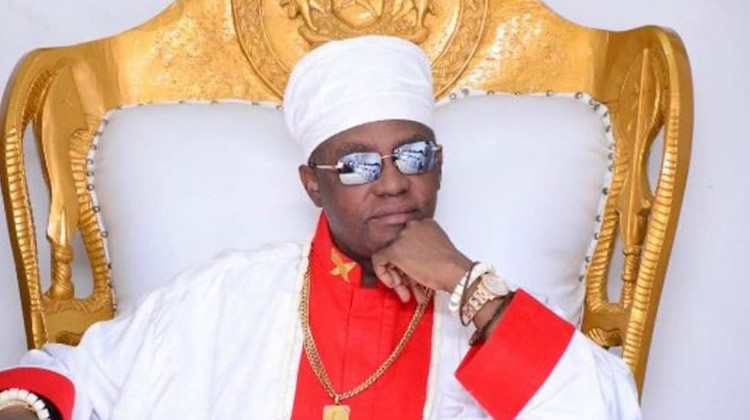On Tuesday, the Oba of Benin, Ewuare II, welcomed the recently elected Governor of Edo State, Senator Monday Okpebholo, alongside his deputy, Dennis Idahosa, in a visit to the royal palace. This visit was significant as the governor-elect and his deputy presented their Certificates of Return, marking an important step in their transition to leadership. During this meeting, the Oba stressed the importance of fulfilling electoral promises, urging Okpebholo to prioritize the needs and aspirations of the people. He conveyed his confidence in the new governor’s capabilities, expressing faith that he would deliver good governance in the state.
The Oba reflected on the peaceful electoral process that took place on September 21, expressing gratitude to God, his ancestors, security agencies, and President Bola Tinubu for the successful outcome. His acknowledgment of the historical and cultural significance of the monarchy highlighted the role that traditional institutions play in governance and community support in Edo State. Oba Ewuare II’s statements served as a reminder of the expectations that accompany public office, especially regarding accountability and service delivery to constituents.
In his remarks, the Oba emphasized the mystical ways in which God operates, suggesting that the election results were divinely orchestrated. This belief in divine intervention reflects a broader cultural understanding of leadership and authority within the community, where traditional leaders often bridge spiritual beliefs with political realities. Furthermore, Oba Ewuare II made it clear that he would maintain a supportive role by continuing his prayers for the success and well-being of the new administration as it embarks on its journey of governance.
Governor-elect Okpebholo, in response to the Oba’s advice, expressed heartfelt gratitude for the monarch’s support and prayers. He assured the Oba and the gathered audience that he and his deputy were committed to fulfilling their campaign promises. This mutual respect between the elected officials and the traditional ruler demonstrates the importance of collaboration between political leaders and traditional authority figures in ensuring effective governance and community engagement.
The upcoming festivities, notably the Emoro festival, commonly referred to as the New Yam festival, were also highlighted by the Oba. This festival not only celebrates the harvest but also serves as an important cultural event that fosters unity and strengthens the ties among the people in the region. The Oba’s reference to his eighth coronation anniversary further underscores the enduring nature of tradition in the political landscape of Edo State, suggesting that cultural celebrations can coincide with political transitions, enriching both realms.
In conclusion, the interaction between the Oba of Benin and the governor-elect illustrates the significance of mutual support and accountability in the political landscape of Edo State. As Okpebholo prepares to assume office, the charge to deliver on electoral promises serves as a guiding principle for his administration. The continuation of traditional practices and festivals, coupled with political change, exemplifies the unique blend of culture and governance in the region, emphasizing the importance of community engagement and spiritual stewardship in leadership roles.














